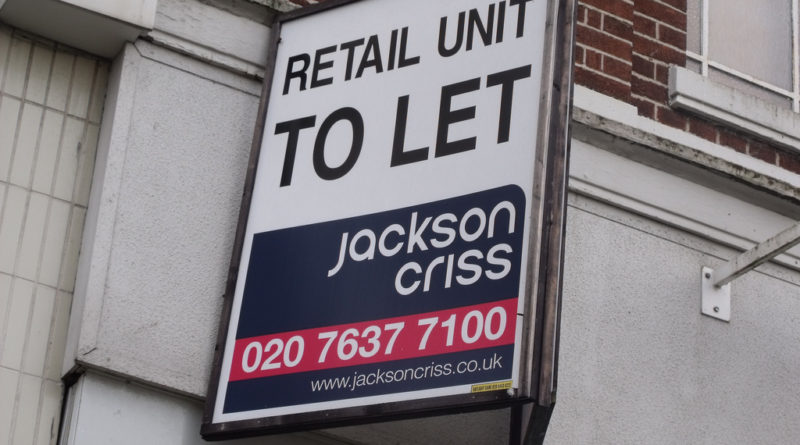High St Property property sell off reported by FT.
The Financial Times has reported UK landlords are struggling to offload billions of pounds’ worth of retail property in a report that can be read in full here. Estimates range from £2.5bn to £5bn, according to FT data, which also names many of the prime shopping centres and property portfolios recently sold or looking to sell.
Whether this will have a knock-on effect in the cycle trade is unclear as most cycle stores favour locations that are just off the High St, in smaller regional shopping parades or completely out of town. We could see rents and/or purchase values falling across the board, meaning lower costs in your current location or the ability or take on a better located store. That said, the handful of cycle stores we spoke to told us their landlords were looking for rent increases. Although one commented, “they are asking for a rent hike, but also seem keen to sell us the place”.
It is doubtful that rent increases are sustainable in the mid-long term if we take the FT report at face value:
“Everything is for sale. Nobody wants to own this stuff,” said one agent in the sector. “The bid-offer spread between holders’ expectations and the prices that buyers are willing to pay is just a chasm.” The attempted sales follow a string of high-profile collapses in the retail sector, as chains face up to the shift in consumer spending habits away from the high street.
Toys R Us, House of Fraser, Maplin and Poundworld and have closed their doors during 2018. Meanwhile, the cycle trade has seen selected branch closures from Cycle Surgery in October 2017 and a large number of IBDs also closing their doors. Then there’s the on-going and, as yet, un-determined financial re-structuring of Evans Cycles, which many hope will save the chain.
On the other hand, stores like Cycle Republic and London based chain Velorution have been opening or acquiring stores. They will soon be joined by Amazon, who are soon to launch a number of fully automated and un-manned grocery outlets. What they may have in common is driving a very hard bargain when it comes to the rent.
The report goes on to say that “Private equity landlords — many of whom bought into the sector four to five years ago — are also eyeing the exit.” Perhaps other stores will find the balance of bargaining power between landlord and tenant shifting in the coming months and years. Although, with many £000’s often sunk into shop-fit, calling the Landlords bluff and upping sticks is never an easy move.



